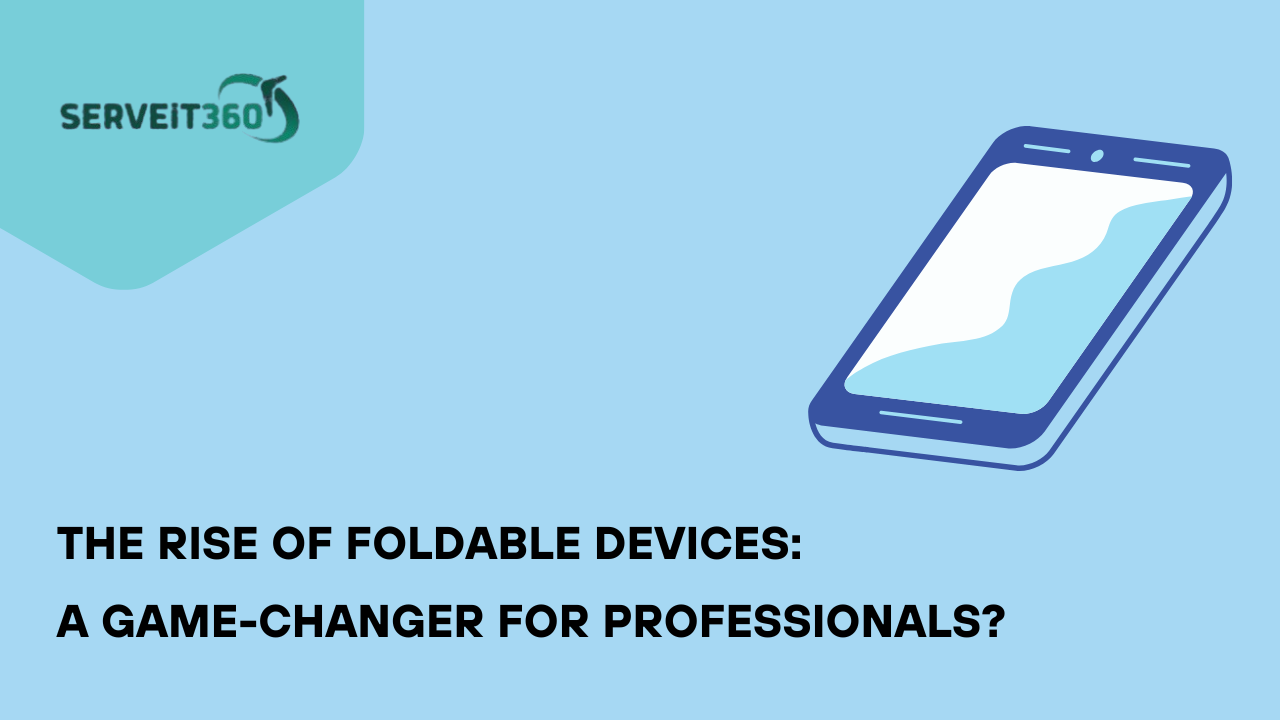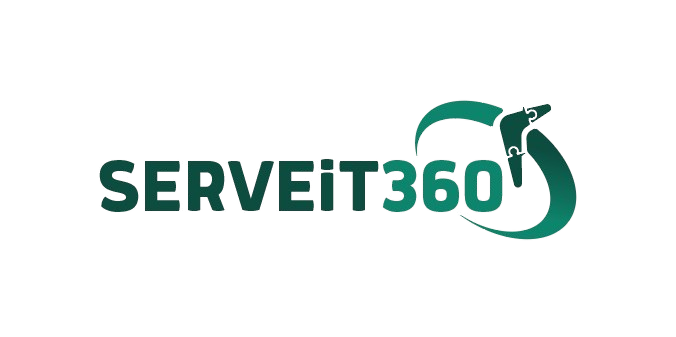You’re heading to a crucial client meeting. Instead of lugging around a bulky laptop, you simply unfold your sleek, pocket-sized device into a full workstation. You review your notes, tweak your presentation, and even hop on a last-minute video call—all from one device. Sounds futuristic? Well, not anymore. Foldable devices are here, and they’re redefining how we work, collaborate, and stay productive.
Not long ago, foldable screens felt like something out of a sci-fi movie. Now, they’re becoming a staple for professionals who need flexibility without compromising power. So, the big question is—are they just a passing trend, or are they the future of enterprise productivity? Let’s dive in.
Why Businesses Are Paying Attention
The modern workplace is no longer confined to a desk. Whether you’re in an office, at home, or constantly on the move, the need for adaptable technology has never been greater. Foldable devices offer something traditional phones, tablets, and laptops can’t—a seamless transition between multiple workflows without missing a beat.
Here’s why businesses are starting to embrace them:
1. Multitasking Has Never Been This Easy
We’ve all been there—juggling multiple apps, switching between tabs, trying to keep up with emails while editing a document. It’s a headache. But with foldable devices, you can:
| Feature | Benefit |
| Multi-window support | Run multiple apps side by side without switching screens |
| Drag-and-drop | Move files effortlessly between applications |
| Split-screen video calls | Attend meetings while referencing documents in real-time |
It’s like having a dual-monitor setup in your pocket. For professionals managing complex workflows, this is a game-changer.
2. Work On-the-Go Without Sacrificing Performance
Traditional laptops are powerful, but they’re not always the most convenient. Tablets are portable, but they often lack the software capabilities of a full workstation. Foldable devices bridge that gap.
| Scenario | How Foldables Help |
| Drafting reports on the go | Unfold into a tablet-sized display for easy typing |
| Reviewing contracts while commuting | Use stylus support to annotate and sign documents |
| Traveling light | No need for separate devices—your phone expands as needed |
For business travelers, freelancers, and remote workers, foldables offer unmatched flexibility without sacrificing productivity.
3. A New Era of Client Presentations
Let’s say you’re a consultant or salesperson. Instead of carrying a laptop and a separate tablet for presentations, your foldable device does it all. Need to quickly show a client a proposal? Just unfold your phone into a tablet-sized display and walk them through it. No more awkward screen-sharing struggles.
How Foldables Are Reshaping Remote Work & Collaboration
The rise of hybrid and remote work has made seamless collaboration more important than ever. Foldable devices aren’t just fancy gadgets; they’re solving real-world challenges for remote professionals.
1. Virtual Meetings Just Got a Whole Lot Better
We’ve all experienced the struggle of joining a Zoom call on a tiny phone screen while scrambling to open notes. With a foldable device, that’s no longer an issue.
| Issue | Foldable Device Solution |
| Limited screen space | Split-screen feature for multitasking |
| Hard to take notes | Use stylus or open a note app alongside the call |
| Poor video conferencing experience | Larger display improves clarity and engagement |
2. A Natural Fit for Creative and Design Work
For designers, marketers, and content creators, foldables bring a fresh way to work:
- Sketch ideas with a stylus directly on the screen.
- Edit photos and videos on a larger, more immersive display.
- Use drag-and-drop functionality to move files between applications effortlessly.
No more clunky transitions between devices—your workflow stays fluid and uninterrupted.
3. A True Mobile Office Experience
Thanks to cloud integration, your foldable device can be your main productivity hub. Whether you’re working from a coffee shop or responding to emails on the train, everything syncs across devices seamlessly.
With 5G connectivity and powerful processing capabilities, foldables are now powerful enough to handle enterprise-level applications like Microsoft Office, Slack, and even complex project management tools.
Software Is Catching Up—And That’s a Big Deal
A device is only as good as the software running on it. Luckily, app developers are catching on and optimizing their platforms for foldable screens.
1. Adaptive UI Is the Future
Apps are being redesigned to take full advantage of foldable technology. Instead of awkwardly stretched interfaces, modern apps adjust dynamically:
| App Type | How It Adapts to Foldables |
| Email clients | View inbox on one side, compose messages on the other |
| Project management | Drag and drop tasks between windows |
| Video editing | Expanded timelines and enhanced control panels |
The more apps adapt, the smoother the user experience becomes.
2. AI-Powered Workflows Are the Next Step
With AI-driven optimizations, foldable devices can take automation to the next level. Imagine a device that:
- Suggests opening a note-taking app when you join a meeting.
- Automatically resizes windows based on your task.
- Prioritizes your most-used tools for seamless access.
As AI integrates deeper into enterprise software, foldables will only become more powerful.
Are Foldables Here to Stay?
The short answer? Yes. But with some caveats.
| Challenge | Current Solutions |
| Durability Concerns | Stronger hinge technology and improved screen materials |
| High Cost | Prices expected to decrease as adoption grows |
| Software Optimization | More apps are adapting to foldable screens |
As software optimization catches up and more industries recognize their potential, foldable devices could very well replace traditional tablets and even some laptops in the near future.
Final Thoughts: Should You Make the Switch?
If you’re a business leader, remote worker, or creative professional, foldable devices offer a level of versatility that’s hard to ignore. They blend power with portability, making them an ideal choice for the evolving workplace.
Of course, like any new technology, there’s a learning curve. But if you’re willing to embrace the change, foldables might just be the key to unlocking a more productive, seamless, and dynamic work experience.
So, what do you think? Are foldables the future of work?


